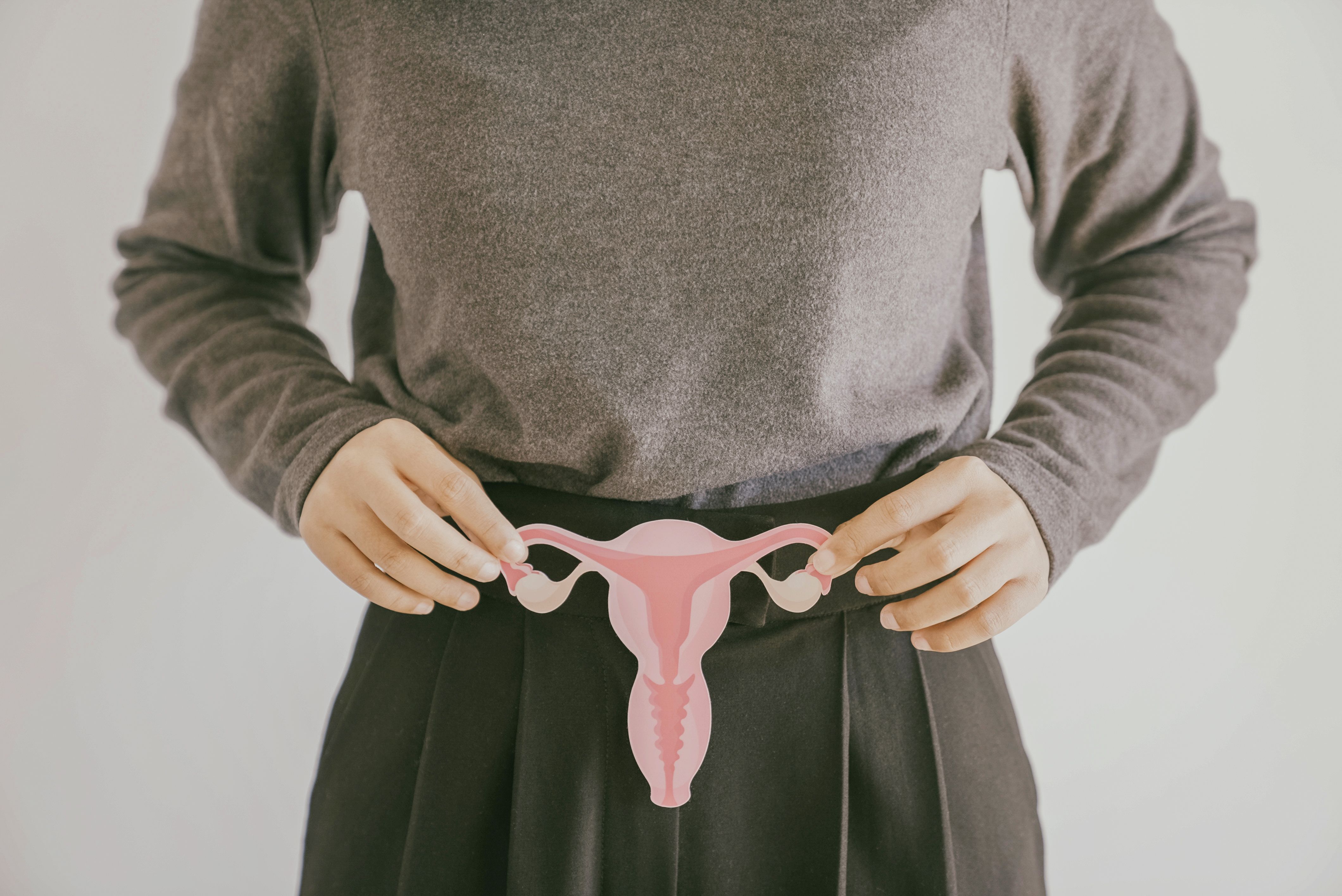Pap Smear (Malaysia)
A Papanicolaou test, or a Pap smear, is a vaginal examination introduced in the 1940s and is still the most reliable way to detect cervical cancer in its early precancerous stage.
What is Cervical Cancer?
Cervical cancer is a cancer unique to women and often a complication resulting from the Human Papilloma Virus (HPV) infection, which is commonly transmitted sexually. To prevent cervical cancer, it is recommended that you receive the HPV vaccination.
While the vaccination is a good protection against HPV and cervical cancer, especially if taken at a younger age, sexually active women between the ages of 20 and 65 are recommended to undergo a PAP smear yearly for the first two years. If both results come back negative, it is recommended to continue with a PAP smear once every three years.
What Symptoms Does Cervical Cancer Present With?
It is not clear what causes cervical cancer, but it is a well-known fact that HPV is closely linked to the cancer. Although HPV is very common, most people recover from the infection naturally and do not develop cancer. This means that there are other factors in your lifestyle and environment that affect the likelihood of developing cervical cancer.
Cervical cancer can take years to develop following a HPV infection. Early stages generally present no symptoms. In the advanced stages, cervical cancer can cause:
- Pain during intercourse
- Irregular bleeding from the vagina after sexual intercourse, between periods, or after menopause
- Vaginal discharge that may be watery, bloody, and have a foul odour
Cervical Cancer Testing Malaysia
At Speedoc, we stand by the most accurate measure of detecting cervical cancer – Pap smear. This vaginal examination involves collecting cells from the cervix, which would then be sent for laboratory testing to detect for any indication of cancer.
We will assign a female nurse or doctor to visit you at your convenience to collect your specimen. Following the results, a female doctor will explain your results to you via a video consult and recommend any follow-up required on your end.
To prepare for your Pap smear, you should avoid sexual intercourse, using spermicidal products, and douching for a day or two prior to your appointment. All of these activities will interfere with the results of your test.
It is also best to schedule your Pap smear at least five days after your menstrual period.
What Is A Pap Smear Like?
During a Pap smear, a small device called a speculum will be inserted into the vagina to hold its walls open. Samples will be collected using a tiny sweeping brush. This process, which lasts just a few minutes, would be smoother and easier if your muscles are relaxed and you remain calm.
After the Pap smear, you may experience some minor bleeding in the form of spotting. This is normal and should subside within a few hours to a couple of days. There are a few reasons you may experience bleeding:
Cervical Sensitivity
To obtain a sample of your cervical cells, doctors will use a tiny brush to scrape the lining of your cervix. This can irritate your cervix lining and cause bleeding. The bleeding should be light and subside in a few hours.
If you have a friable cervix, you may experience heavier spotting and bleeding because the condition causes your cervical tissues to be overly sensitive and easily irritated.
Birth control pills and other forms of hormonal contraception can also make your cervix more sensitive, by raising your hormone levels. In addition to bleeding, you may experience mild cramping or some discomfort.
Polyps
During a Pap smear, a cervical polyp (a growth of tissues around the cervix) may bleed if accidentally irritated.
Infections
Infections, such as yeast infections and sexually transmitted infections (STIs), can make your cervix more sensitive, causing blood vessels to bleed more easily during a Pap smear.
Cervical cancer
One of the main telltale signs of cervical cancer is irregular vaginal bleeding. A Pap smear that essentially irritates the cervical tissue can trigger heavier, additional bleeding.
Pregnancy
If you are pregnant during a Pap smear, you may bleed more due to the additional blood vessels that have formed in your cervix. The bleeding should end within two days.
If you experience heavier bleeding that does not subside, please consult our doctors on how best to proceed.
Why Use Speedoc?
All our doctors are licensed with the Malaysian Medical Council, subjected to extensive background checks.
Consultation is carried out remotely so you get to be in the comfort of your home. Everything you share with us will be kept 100% confidential.
Medications will be delivered (charges apply) in an opaque, unbranded packaging
Book An Appointment With Speedoc
Schedule your appointment with Speedoc here!
We are a one-stop platform to manage your appointments, access your medical records, track your bills, and follow-up with your doctor whenever you need to! More about our health programmes and packages are also available.
